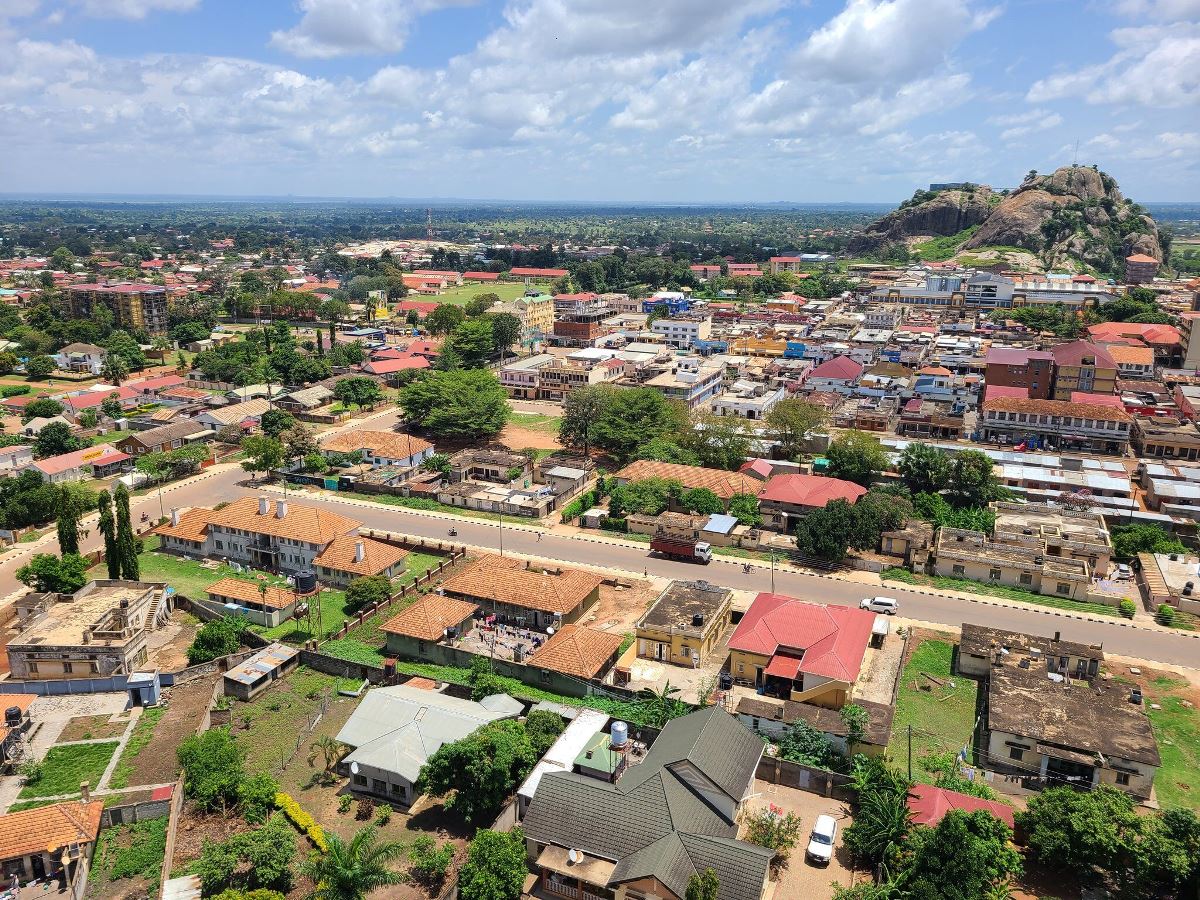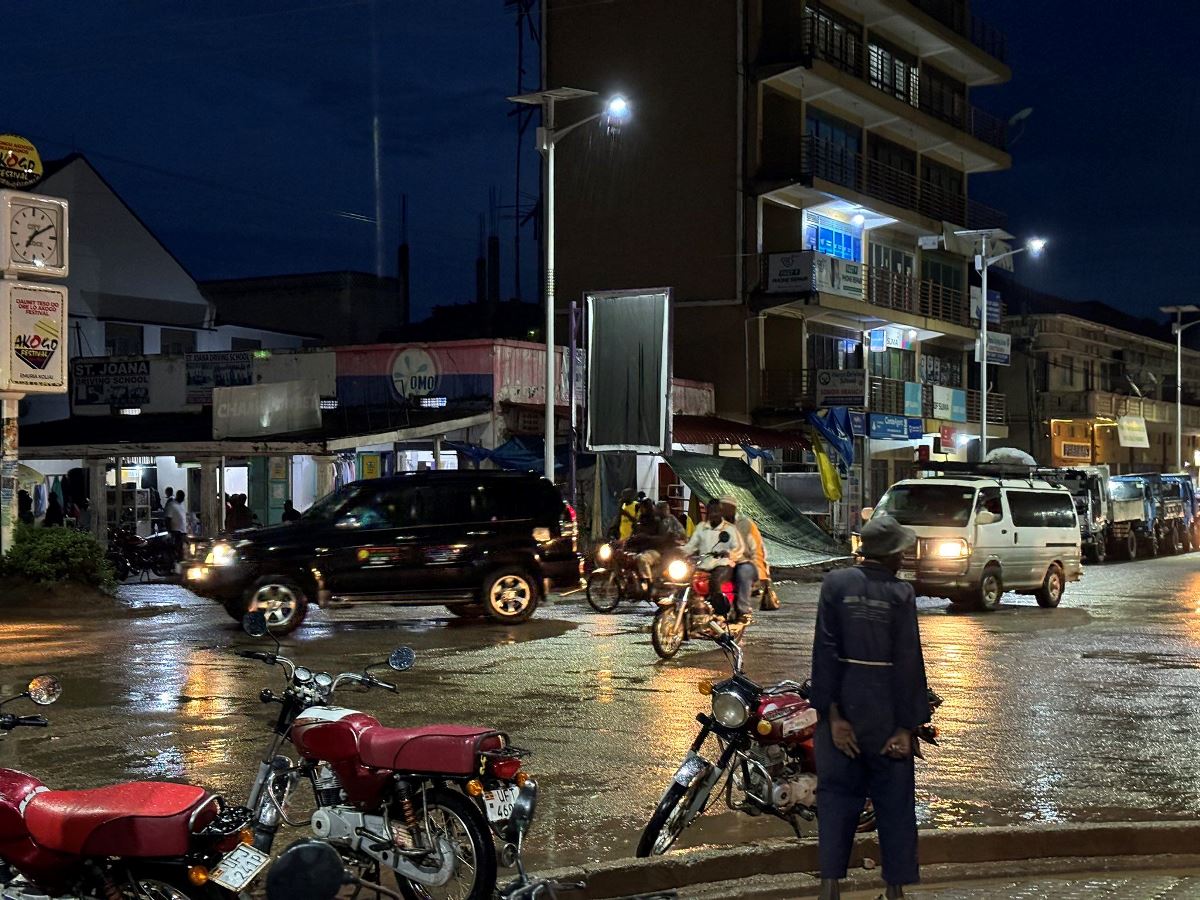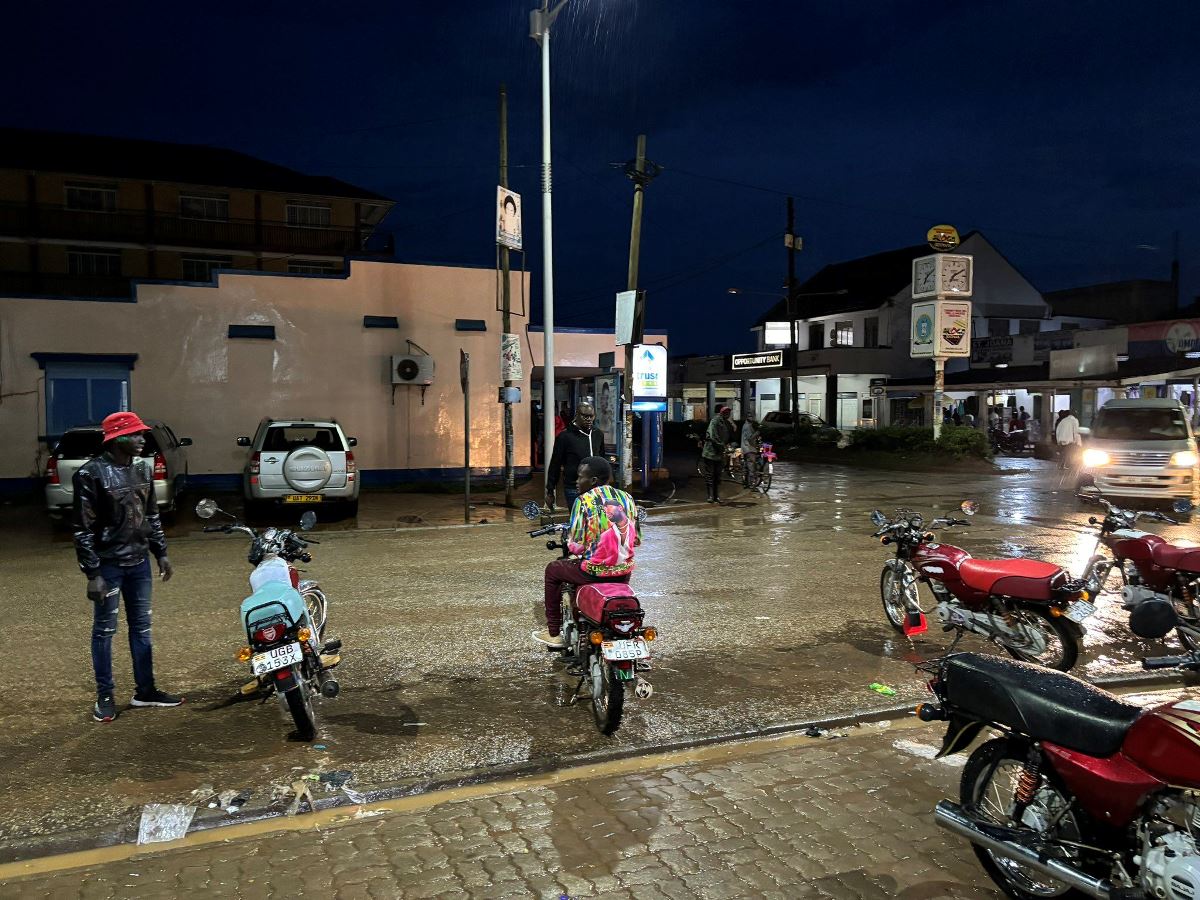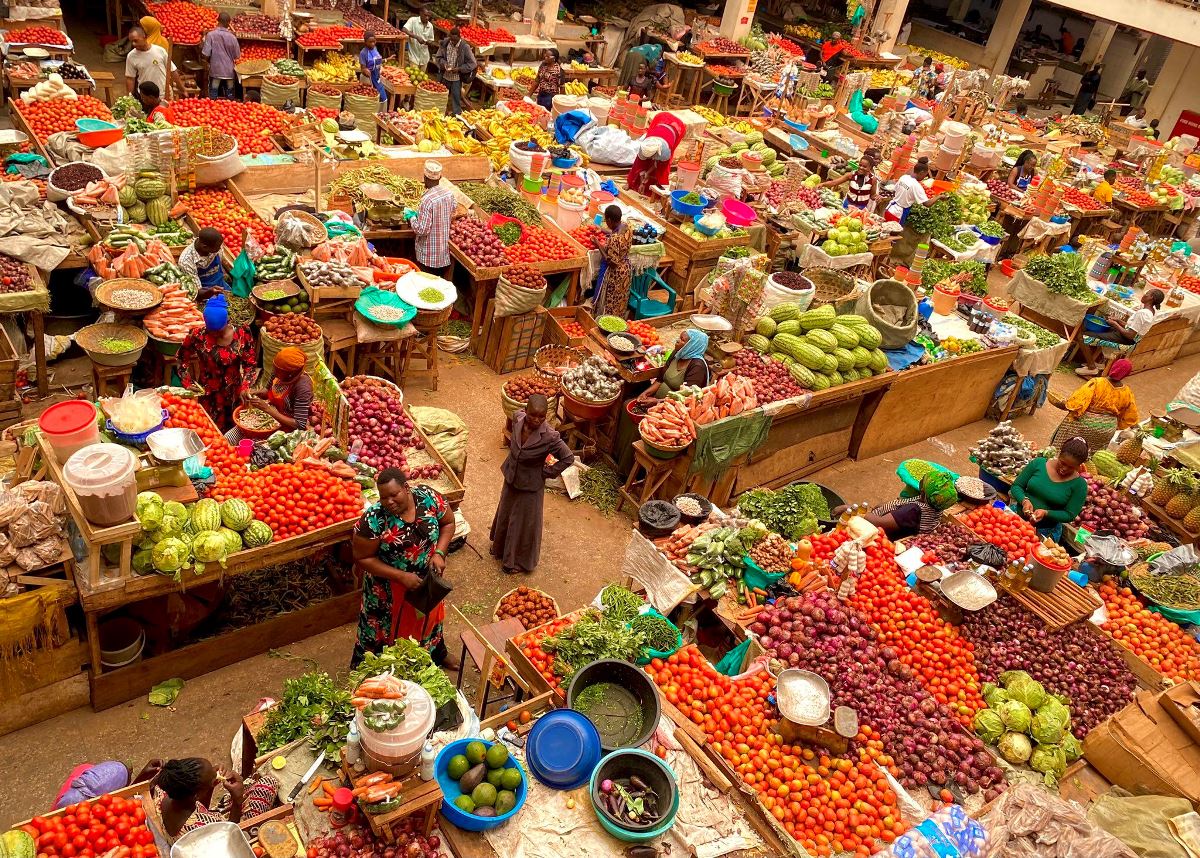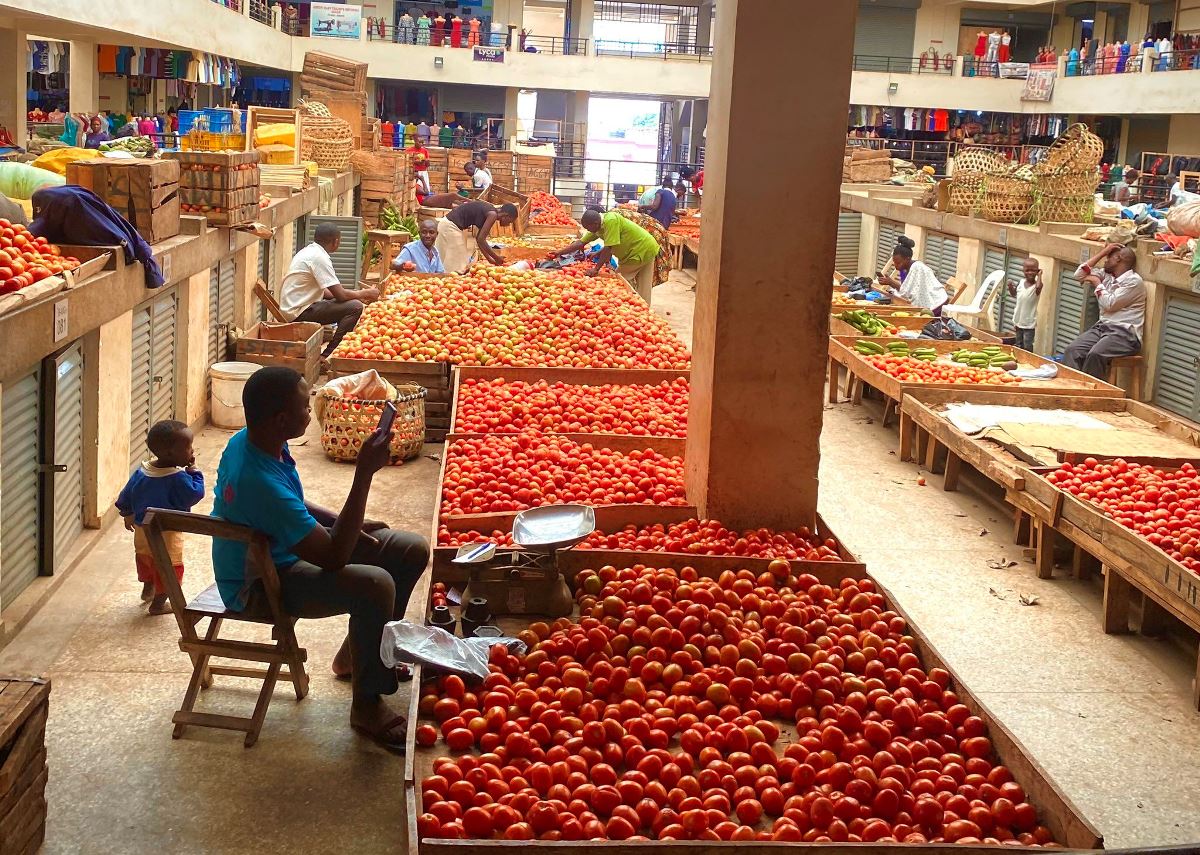Soroti City, Uganda
SOROTI CITY, UGANDA
LOCATION OF SOROTI CITY, UGANDA
Soroti City is located in the Eastern Region of Uganda, within the Teso sub-region. It lies North of Lake Kyoga and is approximately 326 kilometers (203 miles) North-East of Kampala, Uganda’s capital. The coordinates for Soroti City are approximately 1.715°N latitude and 33.611°E longitude.
POPULATION OF SOROTI CITY, UGANDA
As of 2024, the population of Soroti City is estimated to be nearly 70,000 inhabitants by UBOS. This figure is based on the most recent census data available.
SOME HISTORY SOROTI CITY, UGANDA
Soroti City has a rich and diverse history that reflects the broader historical and cultural dynamics of Uganda. Here’s a detailed summary:
Soroti is part of the Teso sub-region, which is traditionally inhabited by the Iteso people. The Iteso are part of the larger Nilotic ethnic group and have a history that dates back several centuries. They are known for their pastoralist lifestyle, although many have also engaged in agriculture.
During the late 19th and early 20th centuries, Uganda came under British colonial rule. Soroti, like many other parts of Uganda, was affected by the colonial administration’s policies. The British established administrative and commercial centers in the region, which led to the development of infrastructure such as roads and railways. Soroti became an important administrative and trading center during this period.
Uganda gained independence from British rule on October 9, 1962. In the post-independence period, Soroti continued to grow as a regional hub. However, the city and the surrounding region faced challenges, including political instability and conflicts. The Teso region, in particular, experienced significant turmoil during the late 1980s and early 1990s due to insurgencies and conflicts involving various rebel groups.
In recent years, Soroti has seen significant development and modernization. The city was officially granted city status in 2020, reflecting its growing importance as a regional center. This new status has brought increased investment in infrastructure, education, and healthcare. Soroti is now a vibrant city with a mix of traditional and modern influences.
Soroti is known for its rich cultural heritage. The Iteso people have a vibrant culture that includes traditional music, dance, and crafts. The city hosts various cultural events and festivals that celebrate the heritage of the Iteso and other communities in the region.
The economy of Soroti is diverse, with agriculture being a major sector. The region is known for producing crops such as millet, sorghum, and groundnuts. In addition to agriculture, Soroti has a growing commercial sector, with markets, shops, and businesses contributing to the local economy. The city is also a hub for education and healthcare services in the region.
Soroti City continues to evolve, balancing its rich historical heritage with modern development. It remains an important cultural and economic center in Uganda’s Eastern Region.
| Visa requirements | ENTRY INTO UGANDA (VISAS & PASSES)
Any person intending to enter into Uganda should do so only for lawful purposes and in accordance with national immigration laws, guidelines and formalities.
Foreign nationals intending to enter Uganda for purposes of employment should comply with requirements for expatriate employment in Uganda.
All visa prone nationalities must obtain Uganda visas to facilitate their entry into the country.
Uganda visas may be obtained at Uganda missions abroad or by applying online at the Uganda E-Immigration System at www.visas.immigration.go.ug
UGANDA VISAS & CORRESPONDING FEES:
WORKING AND LIVING IN UGANDAPERMITS –WORKING IN UGANDA All foreign nationals intending to work in Uganda must ensure that they are in possession of the relevant work permit. The classes of work permits are listed below. For the requirements for the different categories, please log onto the Immigration Uganda website: www.immigration.go.ug or www.visas.immigration.go.ug CLASS A (GOVERNMENT & DIPLOMATIC SERVICE) Applicants should be persons contracted for service in the Government of Uganda or diplomats accredited for service in Uganda. CLASS A2 (GOVERNMENT CONTRACTORS) Applicants should be persons on Government contracts, including persons serving in Government tertiary institutions. CLASS B (INVESTMENT IN AGRICULTURE) Applicants should be persons intending to invest in the business of agriculture or animal husbandry. CLASS C (MINING) Applicants should be persons intending to invest in the business of prospecting for minerals or mining in Uganda CLASS D (BUSINESS AND TRADE) Applicants should be persons intending to carry on the business or trade in Uganda CLASS E (MANUFACTURERS) Applicants should be persons intending to engage in manufacturing business In Uganda CLASS F (PROFESSIONALS) Applicants should be members of prescribed professionals Intending to practice RIO profession In Uganda CLASS G1 (VOLUNTEERS, NGO WORKERS, and MISSIONARIES) CLASS G2 (EMPLOYEES) Applicants should be persons intending to work as employees whether for gain or not in Uganda. Applicants under this category can only enter Uganda after grant and payment for their work permits. WORK PERMIT RENEWAL
| ||||||||||||||||||||||||
|---|---|---|---|---|---|---|---|---|---|---|---|---|---|---|---|---|---|---|---|---|---|---|---|---|---|
| Languages spoken | Ateso, Kumam, Kiswahili and English | ||||||||||||||||||||||||
| Currency used | Ugandan Shilling (Ugx) | ||||||||||||||||||||||||
| Area (km2) | 30 square kilometres | ||||||||||||||||||||||||
| Country name | Republic of Uganda |

